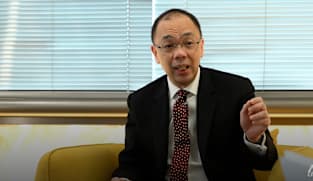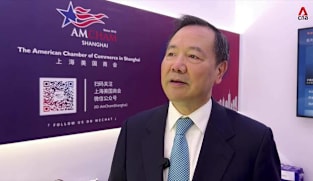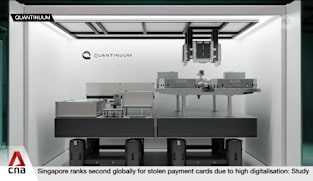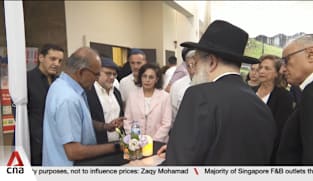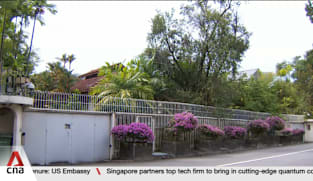Desmond Lee on OECD study on mental health and well-being of teachers
The recent TALIS 2024 study, which is independently run by the Organisation for Economic Co-operation and Development (OECD), found that Singapore teachers reported longer working hours per week compared with the OECD average. These longer hours are reported because Singapore teachers spend their time differently from many of their OECD peers. While classroom teaching hours are shorter, teachers here spend time on other important activities, such as lesson preparation, co-curricular activities and professional development. These activities are critical to their effectiveness in providing holistic education for students. Education Minister Desmond Lee highlighted this approach in reply to MPs’ questions in parliament on Tuesday (Nov 4). He pointed out that TALIS, being the largest international teacher survey, is a useful benchmarking tool but it has its limitations. It is conducted once every six years and surveys a representative sample of only Singapore’s lower secondary teachers. In contrast, the Ministry of Education internally monitors the workload of teachers more regularly across all grade levels. It also adopts a range of measures to manage teachers’ workload and support their well-being.
The recent TALIS 2024 study, which is independently run by the Organisation for Economic Co-operation and Development (OECD), found that Singapore teachers reported longer working hours per week compared with the OECD average. These longer hours are reported because Singapore teachers spend their time differently from many of their OECD peers. While classroom teaching hours are shorter, teachers here spend time on other important activities, such as lesson preparation, co-curricular activities and professional development. These activities are critical to their effectiveness in providing holistic education for students. Education Minister Desmond Lee highlighted this approach in reply to MPs’ questions in parliament on Tuesday (Nov 4). He pointed out that TALIS, being the largest international teacher survey, is a useful benchmarking tool but it has its limitations. It is conducted once every six years and surveys a representative sample of only Singapore’s lower secondary teachers. In contrast, the Ministry of Education internally monitors the workload of teachers more regularly across all grade levels. It also adopts a range of measures to manage teachers’ workload and support their well-being.








